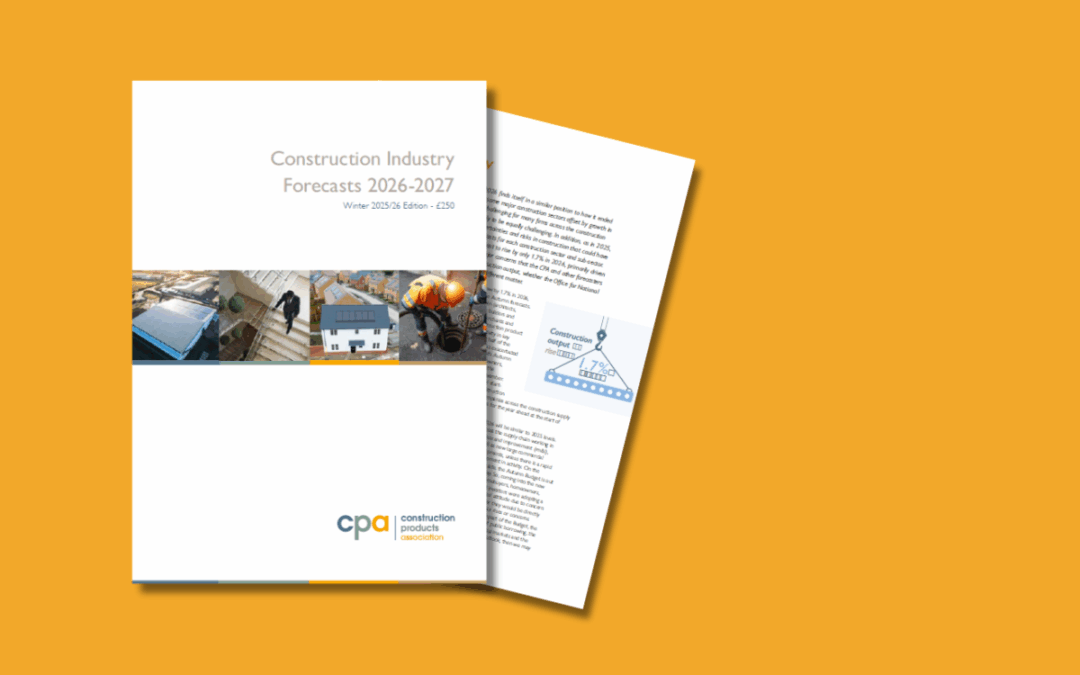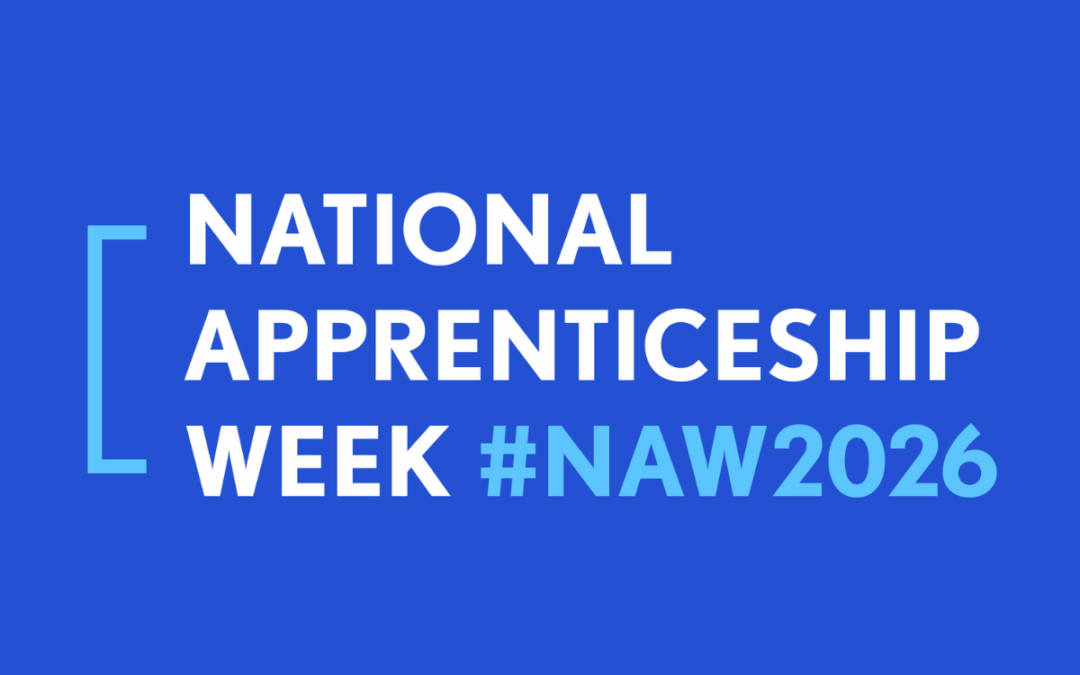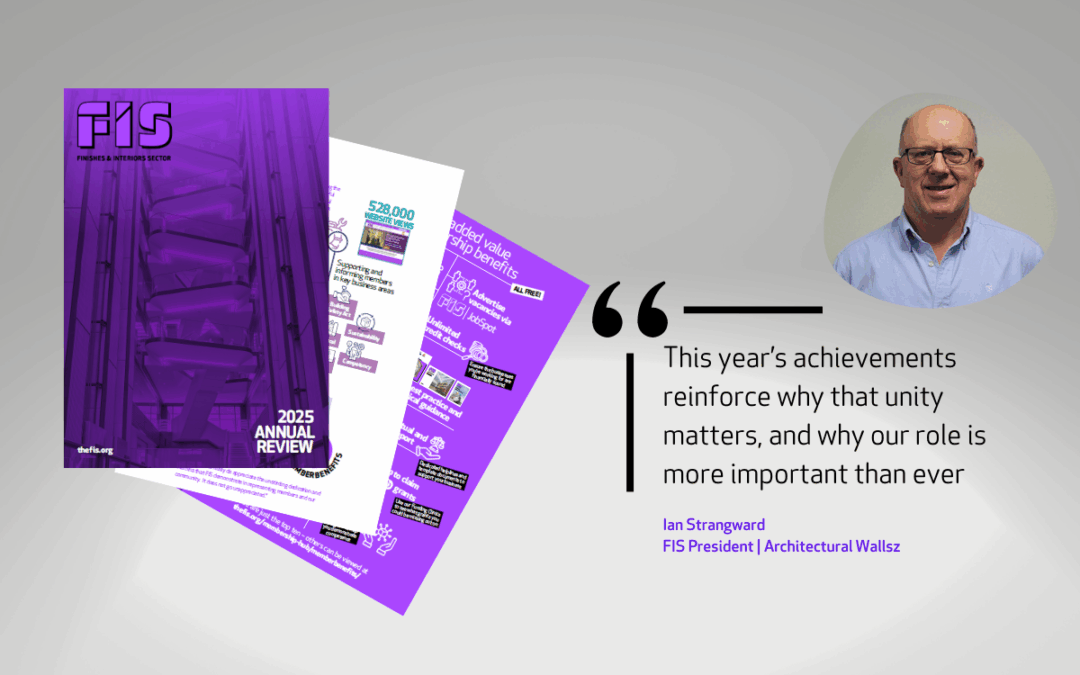
FIS and its members champion skills development during National Apprenticeship Week
FIS is proud to reaffirm its commitment to skills development, workforce sustainability, and career opportunities by actively supporting National Apprenticeship Week 2026. Throughout the week, FIS and its members showcased the vital role apprenticeships play in strengthening the sector and helping to build the next generation of skilled professionals.
National Apprenticeship Week, the UK’s annual celebration of apprenticeships, highlights the positive impact apprenticeships have on individuals, businesses, and the wider economy.
As part of the campaign, businesses and training establishments hosted open days and career engagement events to provide prospective apprentices, students, and career changers with first-hand insight into the sector. These initiatives are crucial to demonstrate the rewarding career paths available and the long-term progression opportunities apprenticeships can offer.
We are also keen to give a voice to our own apprentice, Hermione Neale, who is undertaking a Marketing Apprentice. She shared her typical ‘day in the life’ of an apprentice which you can watch here.
By sharing these real success stories (you can see more on our LinkedIn Page here), we can start to break down outdated perceptions of construction careers and highlight the modern, innovative, and technical nature of finishes and interiors work.
Beena Nana, Head of Skills and Training at FIS, said:
“Apprenticeships are essential to securing the future of our sector. They provide a structured, high-quality route into the industry and ensure we continue to develop the specialist skills needed to deliver safe, high-performing buildings. National Apprenticeship Week gives us an important platform to celebrate the achievements of our sector’s apprentices and the dedication of employers who invest in developing talent.”
Many FIS member companies continue to lead by example by expanding apprenticeship programmes, collaborating with training providers, and supporting industry-led competence frameworks. These efforts are helping to address skills shortages, improve productivity, and raise standards across the sector.
FIS is also working closely with training partners, colleges, and Skills England to strengthen apprenticeship pathways and ensure training reflects evolving industry needs, including building safety, sustainability, and digital construction practices.
By supporting National Apprenticeship Week 2026, FIS and its members are reinforcing their commitment to building a skilled, competent, and diverse workforce that will support the long-term growth and resilience of the finishes and interiors sector.
Looking for more information on Apprenticeships?
An apprenticeship is a job with training to industry standards. It involves a substantial programme of on and off the job training, with the apprentice’s occupational competence tested by an independent, end point assessment. If you would like more information on starting an apprenticeship or taking on an apprentice, contact FIS on 0121 707 0077 or visit our Skills Hub for more information.




















